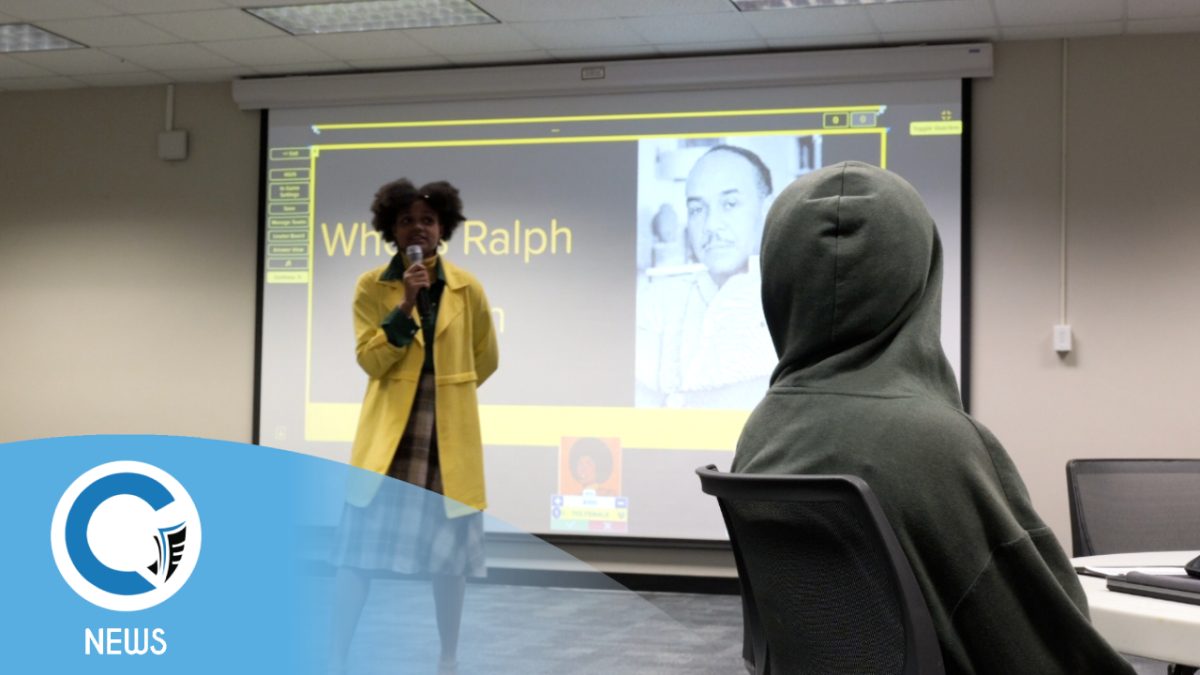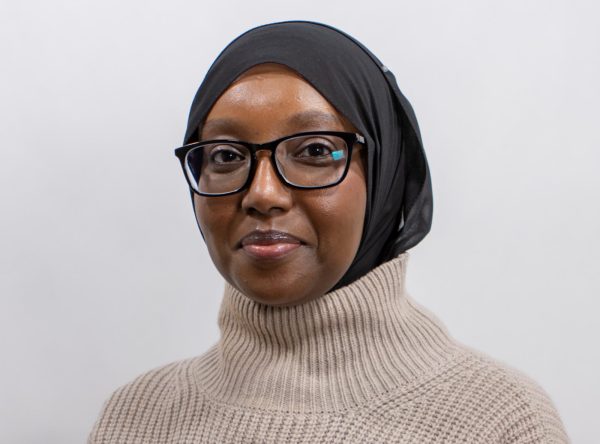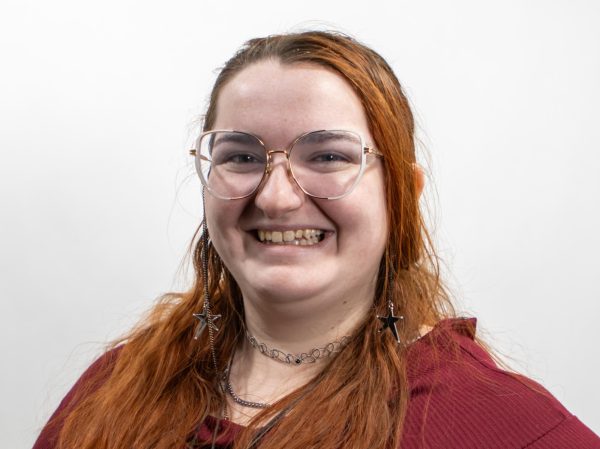
TCC is working on a phased implementation for district wide sustainability.
The sustainability master plan 22 Phase 1 focuses on accountability and reporting, consolidates the various aspects of the district, identifies what is working and needs improvement and monitors progress to determine the next steps.
The college aims to reduce water usage through irrigation controls and rainwater harvesting.
Lori Lewis, district Manager of sustainability, said that each campus has worked on some aspect of sustainability.
“For instance, at South Campus, they have three preservation areas that they’ve denoted or outlined on their campus,” Lewis said. “And they also have a rain garden.”
This rain garden helps clean stormwater before it enters the storm drains and flows into Lake Arlington.
The plan seeks data-driven solutions to streamline campus garbage and recycling programs. It would also include the type of vendors the school used and their sustainability impacts, business practices, and community engagement, ensuring that future partnerships align with the sustainability goals.
The district informs stakeholders through its website, highlighting the ten areas they are working on.
Clubs on campus are also collaborating on sustainability. NE Phi Theta Kappa, the International Honor Society of two-year
colleges, and NE Garden Club are working together.
“It’s just started with the semester, collaboration with the gardening club revolving around sustainability,” said PTK Public Relations Officer Brianna Polchies. “And our goal will be to do an educational pamphlet.”
Austin McCabe, a student development associate who is also an adviser to the gardening club, said that the educational aspect is the best place to start compared to some of the larger undertakings.
“We’re going to go forth with more of an educational approach to really educate ourselves around these topics,” McCabe said.
And what it would take to implement them and make them successful on campus.”
The NE garden club already encourages members and the community in food production and is looking at spaces that can be used as pollinator gardens but can also help with the composting projects around campus.
The district is available to help with sustainability projects regarding best practices, but students must start at the campus level first. SE Campus also has an active sustainability committee that hold sustainability related events.
“I can provide advice, I can provide knowledge, Lewis said. “But they really need to start with their campus advisors and the
presidents, and they need to get that support on the campuses.”





































